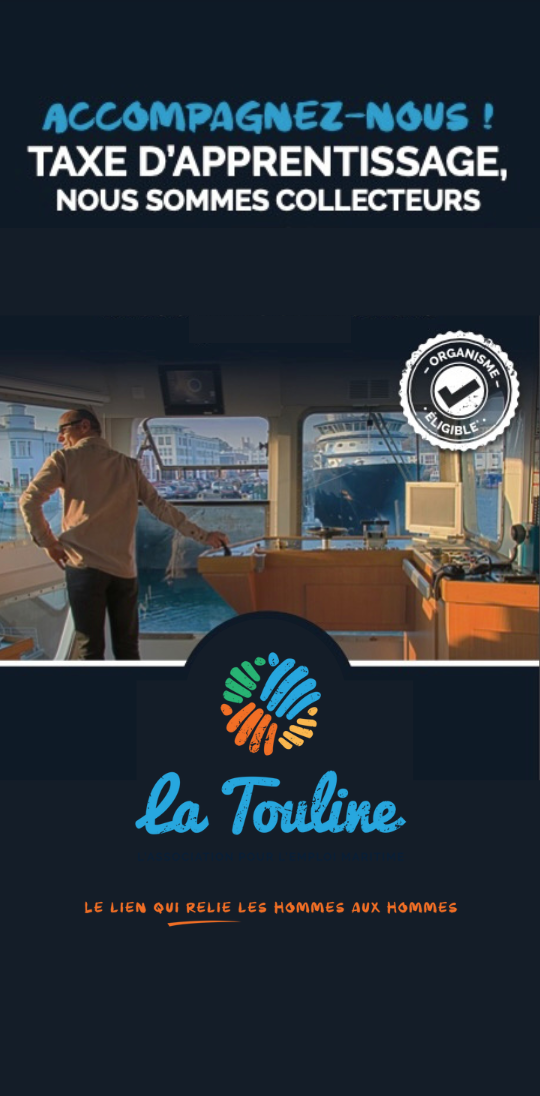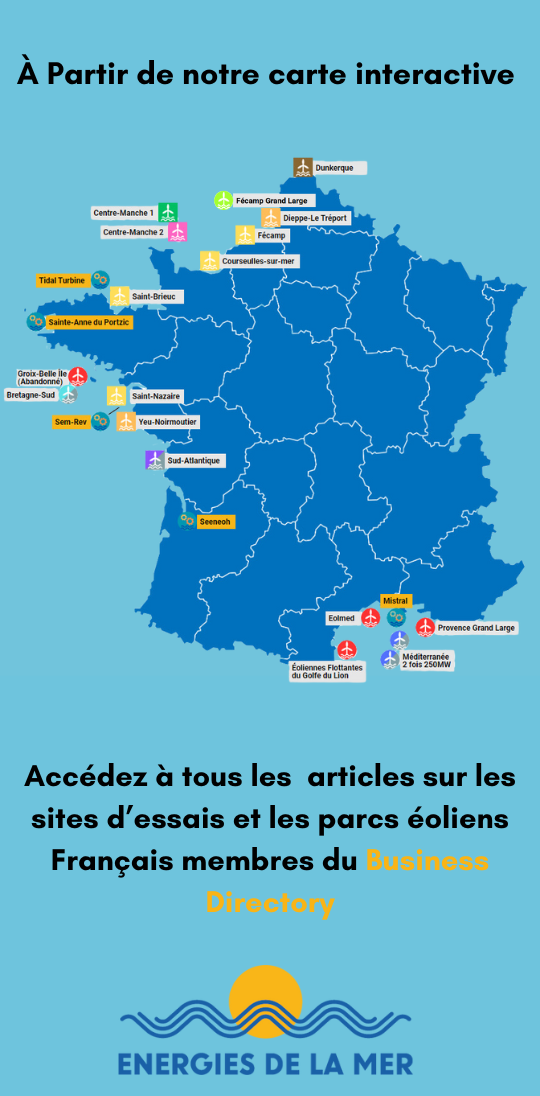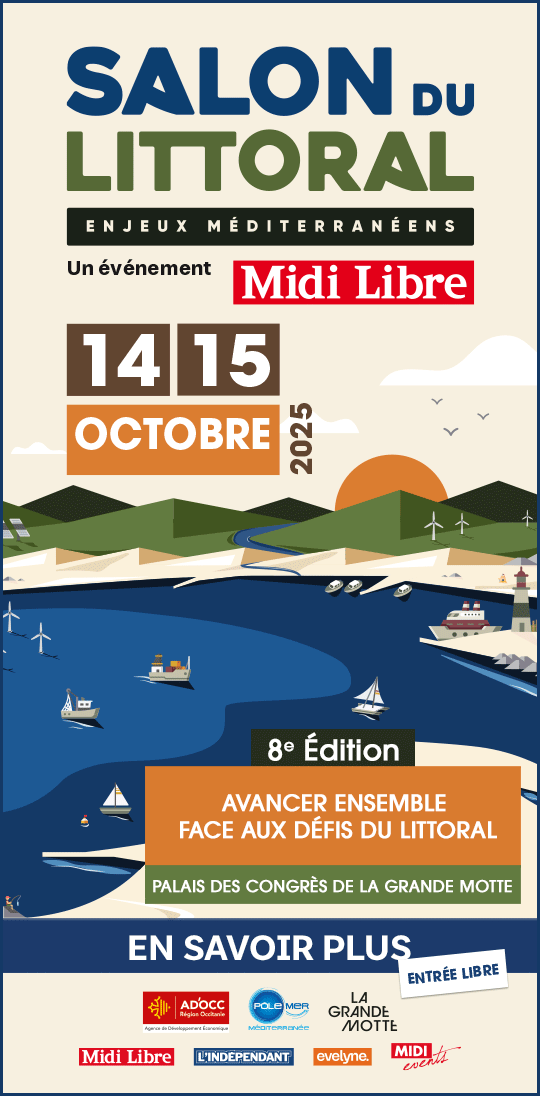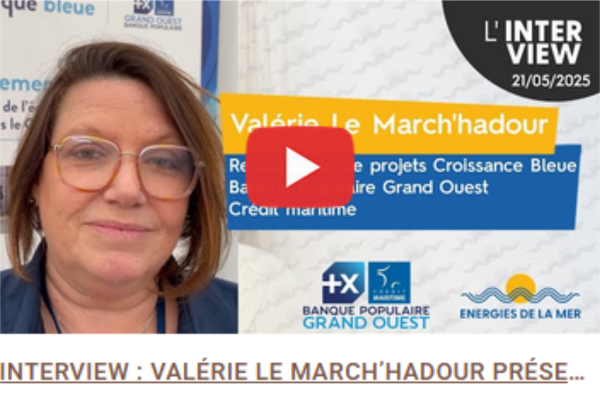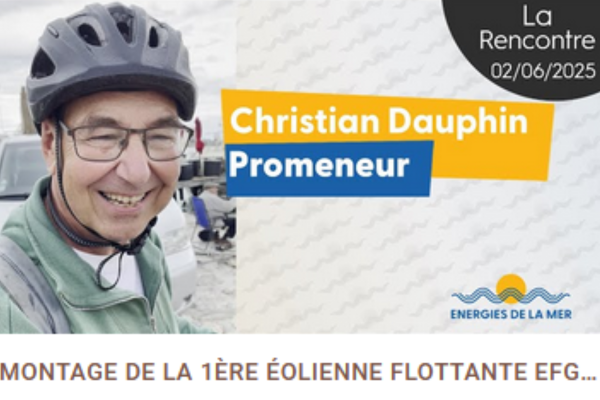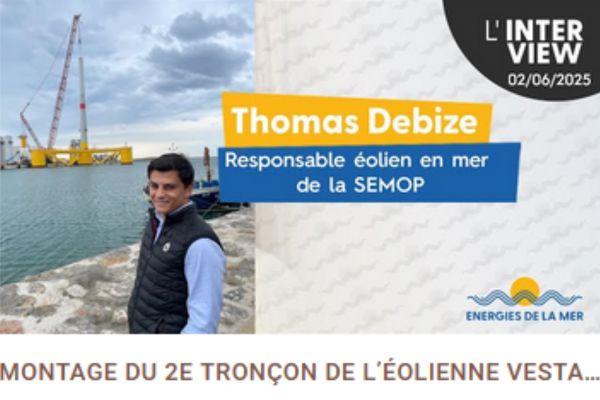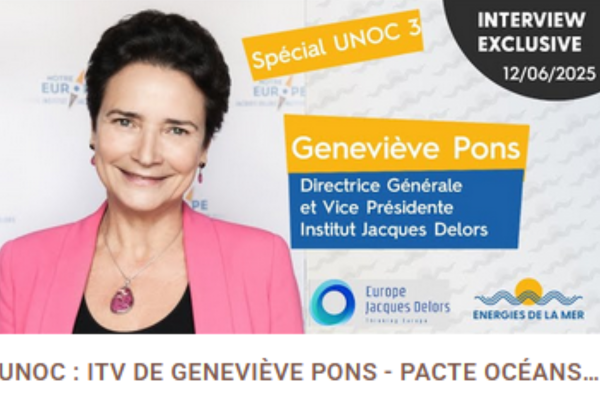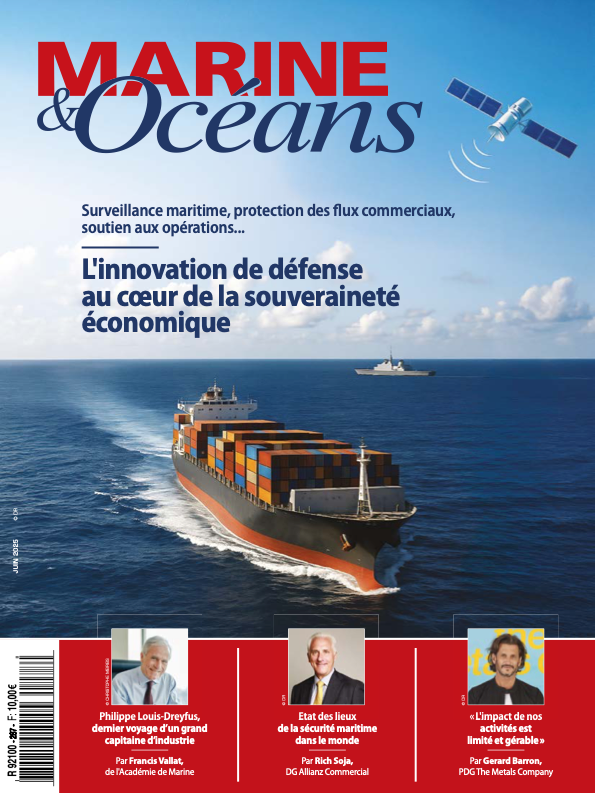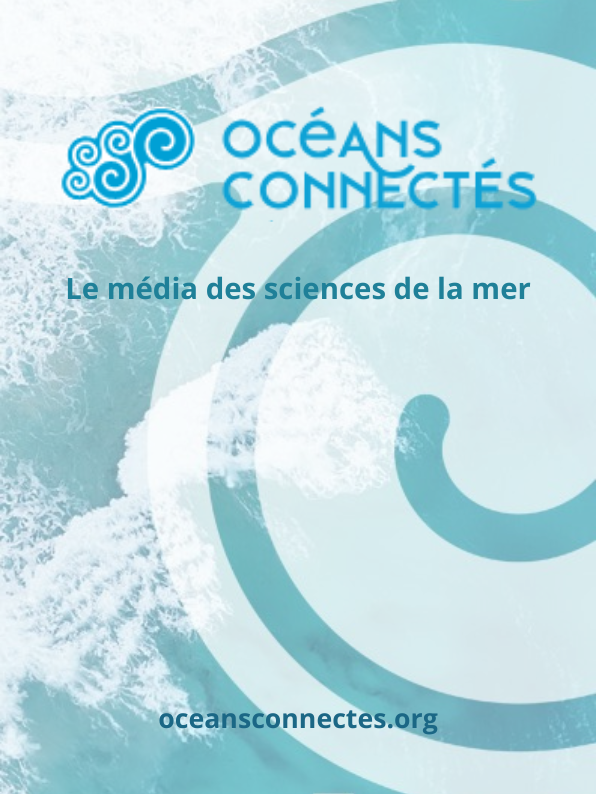France – 10/05/2022 – energiesdelamer.eu.
General context
Mobility of the sedimentary substrate, both through the flow of sedimentary particles and through the migration and evolution of sedimentary structures, has direct implications on the design, implementation, longevity and safety of MRE (marine renewable energy) devices. Marine dunes are among the most dynamic sedimentary bodies and are frequent on the English Channel and North Sea coast where most of the future Europeans offshore windfarms (OWF) will be located. Dune mobility can bring risks of scouring around foundations. On the other hand, dunes are sedimentary habitats of high ecological importance. It is therefore crucial to understand the interactions between offshore windfarm foundations and mobile dunes, in order to protect both the infrastructures and the ecosystem.
In the framework of France Energies Marines project MODULLES (2021–2024), a series of numerical and physical models will be developed to evaluate sediment thickness variations and scouring in a marine dune field in order to limit the impact on the OWF structures, and to assess dune resiliency to OWF structures deployment.
To date, most of the physical experiments conducted on subaqueous dunes have been performed under unidirectional steady current (Southard and Boguchwal, 1990; Kleinhans, 2004; Schindler and Robert, 2005; Naqshband et al., 2014, Vah et al., 2020). Some studies did focus on the effect of unsteady unidirectional flows on sediment deposition and dune internal structures (Reesink and Bridge, 2007, 2009). However, flume studies dealing with wave/current interactions are scarce (Cataño–Lopera and García, 2006; Chatterjee et al., 2019) and to our knowledge, there has not yet been flume experiments investigating dune formation and dynamics under reversing currents. Therefore, there is a need to conduct experiments on dune development under combined wave and current flows and unsteady / reversing currents. Moreover, experiments investigating live–bed scour under complex hydrodynamics is quite limited in the literature (Chen and Li, 2019).
Missions / Activities
The post–doctoral fellow will carry out the following activities:
– Review the literature on dune physical modelling and live–bed scour experiments;
– Conduct flume experiments on dune equilibrium morphology and dynamics under unidirectional currents, tidal currents and wave–current interactions;
– Conduct flume experiments on live–bed scour processes around a cylindrical pile under current and regular waves/current interactions;
– Perform the processing and analysis of the experimental data (bed morphology, transport, stress gauges, hydrodynamics)
– Participate to the writing of reports and scientific publications, and presentation of the results to meetings, workshops and conferences.
A twin post–doc position will be opened at Caen university (M2C lab.), focussing on dune development and scouring around monopiles under unidirectional currents and wave–current interactions. The position offered here in Le Havre will focus on tidal currents and regular waves–current interactions.
The two post–doctoral fellows are expected to work closely and to maintain a high level of interactions.
Skills
The candidate should have a doctoral degree in science and engineering, and a solid background in sediment transport and fluid mechanics. Preference will be given to candidates who have prior experience in flume experiments, including hydrodynamic data acquisition and processing. The candidate should have a good command of scripting in MATLAB or Python. Familiarization with acoustic velocity profiling is also an important advantage. The candidate is expected to be able to work independently and drive a part of the experimental activities.
Duration: 24 months
Start date: 01/10/2022
Application deadline: 18/06/2022
Location: Waves and Complex Media Laboratory (LOMC – UMR CNRS 6294), Le Havre Normandie
University, 53 rue de Prony, 76600 Le Havre, France
Gross monthly salary: 2500€
How to apply:
Please send a CV, a letter of interest (up to one page long), master’s level transcript with marks and the names of two potential referees, to Armelle Jarno (jarnoa@univ–lehavre.fr) and François Marin (francois.marin@univ–lehavre.fr)
POINTS DE REPÈRE
Publicités Google :


